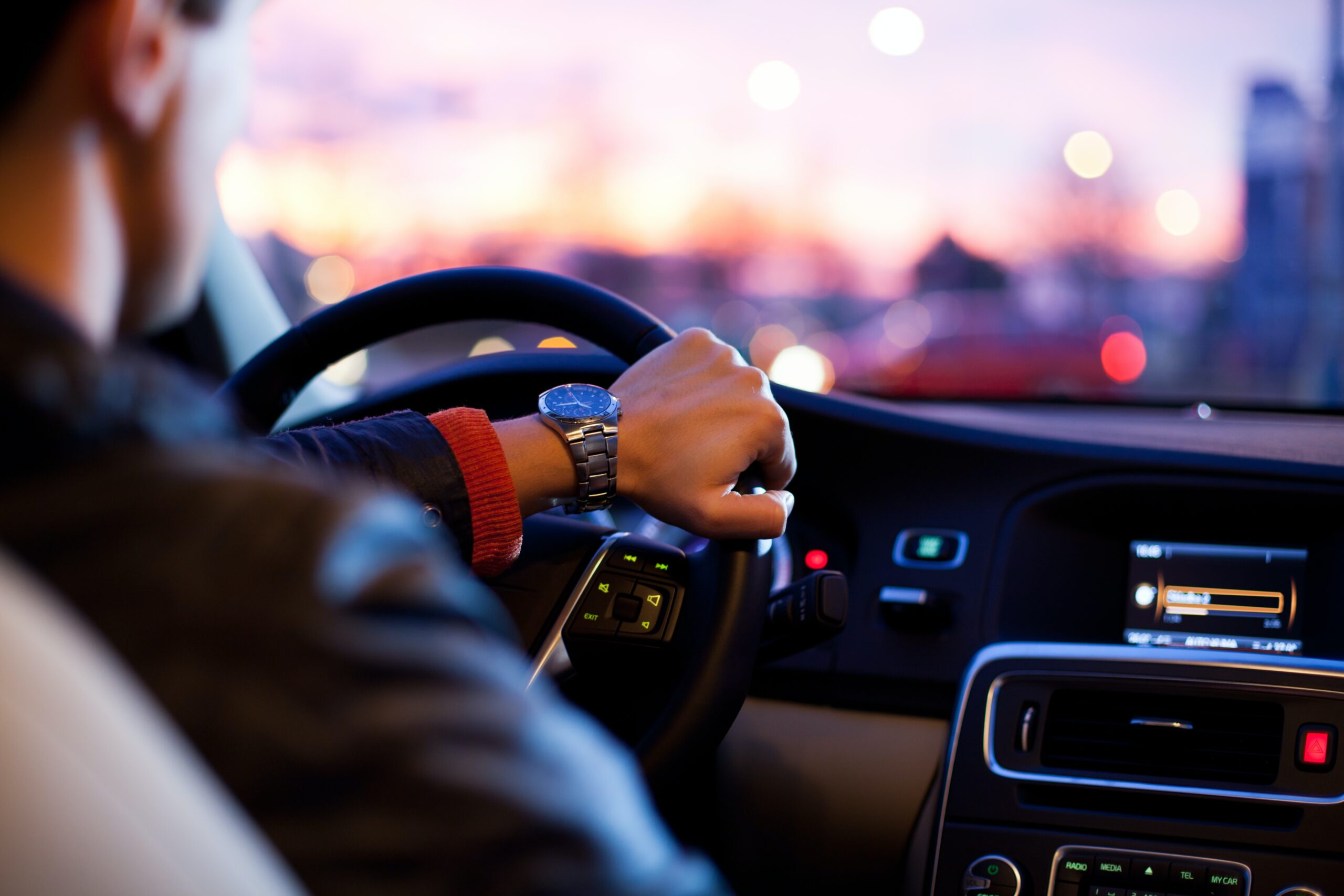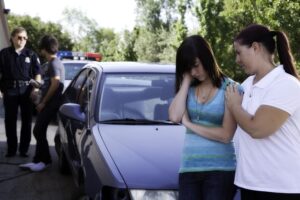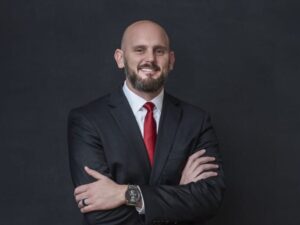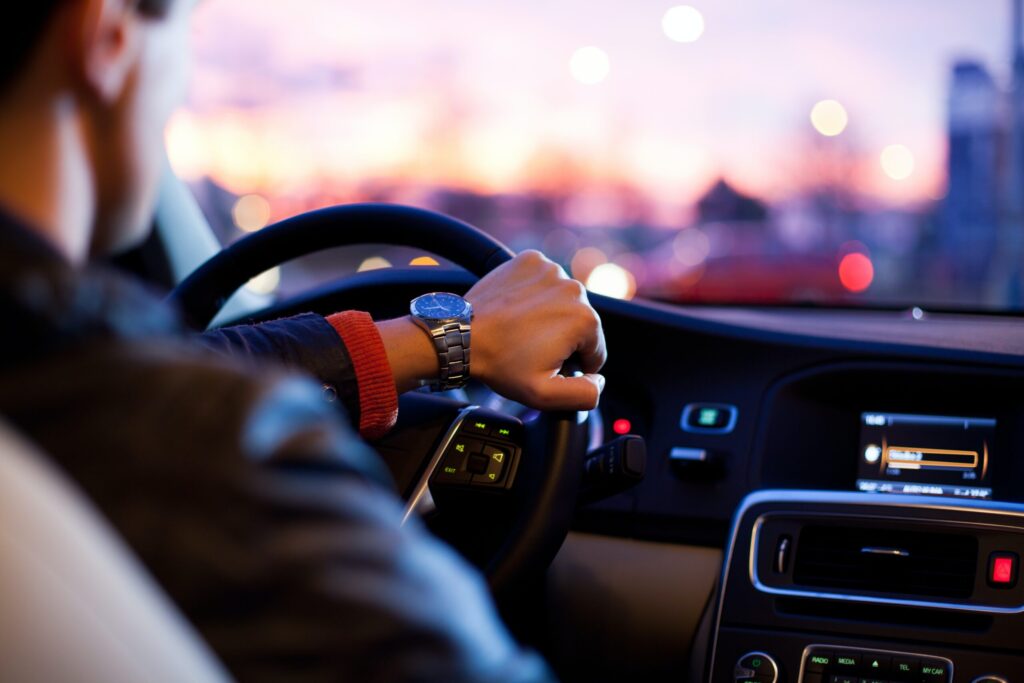
Can I Sue After an Autopilot Car Crash?
Can I Sue After an Autopilot Car Crash?
The Unique Challenges of Electric Car Accidents
While electric vehicles offer numerous benefits, including environmental friendliness and advanced technology, they also present unique challenges in the event of an accident. One major concern is the potential hazards posed by lithium-ion batteries used in EVs. In a crash, these batteries can ignite or sustain thermal runaway, making fire suppression and rescue operations complex and dangerous. Additionally, electric vehicles are relatively new to the road, and not all first responders and rescue agencies are adequately trained to handle accidents involving them. This knowledge gap can lead to delayed or inadequate assistance for accident victims.The Truth About Today’s ‘Autopilot’ EVs
Since 2019, the integration of autopilot features in vehicles has been gaining momentum. Autopilot refers to advanced driver-assistance systems that automate certain driving tasks. However, misconceptions can arise between true self-driving vehicles and those with enhanced driver-assistance capabilities. Tesla, for instance, offers an autopilot feature that assists with steering, acceleration, and braking. It’s important to note that while these systems enhance safety, they are not fully self-driving. Tesla’s “Full Self-Driving” mode, despite its name, still requires driver supervision and intervention, ultimately holding drivers responsible for accident liability. Any accidents involving Tesla vehicles equipped with AutoPilot won’t involve fully autonomous vehicles, as the roads aren’t yet populated by such advanced technology. There are distinct contrasts between the AutoPilot feature and the concept of full self-driving capability. AutoPilot, while a beneficial built-in feature in current Tesla models, does not possess the capacity to completely take over vehicle operations. It’s crucial to recognize the limitations and distinctions between these features, especially when considering the complexities of accident scenarios and liability.Autopilot Car Crashes: Recent Statistics
Based on data analyzed by The Washington Post from the National Highway Traffic Safety Administration (NHTSA), a total of 17 fatalities and 736 accidents involving Tesla’s autopilot software have been recorded since 2019. The report highlights a significant surge in crash incidents in parallel with the rapid expansion of Tesla’s “Full Self-Driving” software. The expansion saw the technology deployed from approximately 12,000 vehicles to nearly 400,000 within a span of just one year. Several high-profile Tesla self-driving car accidents have garnered public attention:- In 2019, a Tesla driver from Los Angeles ran a red light resulting in the tragic deaths of two individuals. The driver asserted that the Autopilot malfunctioned, leading to felony charges against him.
- In April 2021, a 2019 Tesla Model S, operating in autopilot mode, was involved in a fatal crash that claimed the lives of its two occupants, neither of whom were seated in the driver’s seat. The subsequent vehicle fire necessitated the use of around 30,000 gallons of water to extinguish.
- The advent of January 2022 witnessed a widely circulated YouTube video capturing a striking incident involving a Full Self-Driving Beta Model Tesla colliding with a pole.
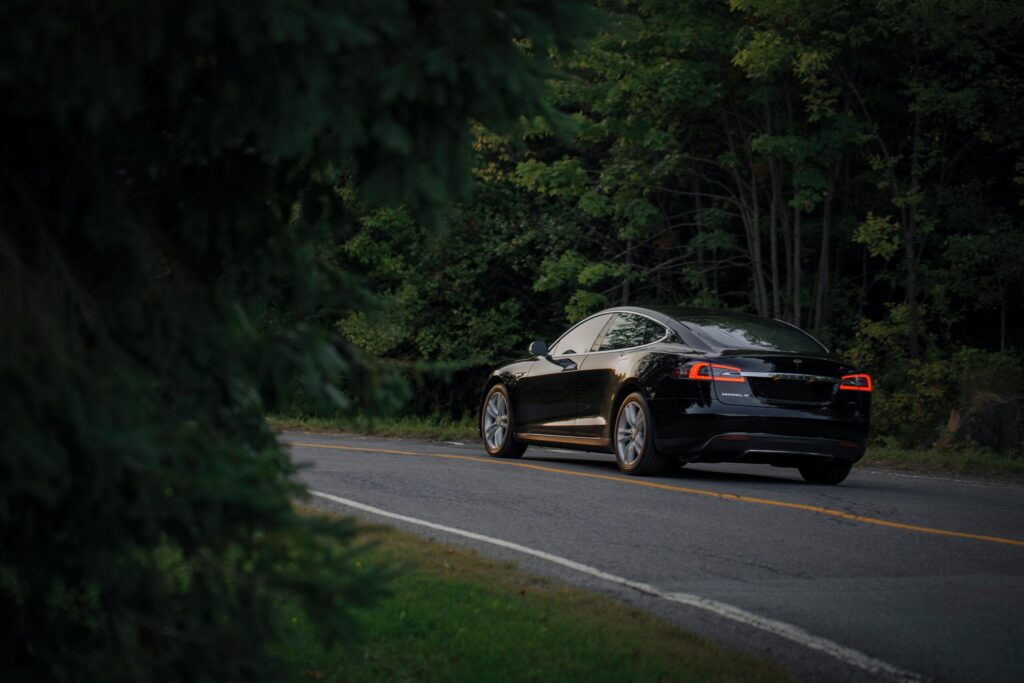
Liability for Autopilot Car Accidents
Determining liability in autopilot car accidents can be complex. In many cases, responsibility might fall on the driver for not paying proper attention or intervening when necessary.
As we await the era of completely autonomous vehicles dominating our roads, determining liability in self-driving car accidents remains a shared responsibility, involving the driver to a certain extent. However, it’s worth noting that the ongoing investigations conducted by the NHTSA may potentially attribute a measure of accountability to Tesla for self-driving crashes. This could potentially expose Tesla to fines that could range up to a substantial $115 million.
Industry experts anticipate that as self-driving technology advances and vehicles attain higher levels of autonomy, liability could shift from drivers to manufacturers. This transformation might be especially imminent with the anticipated mass production of autonomous vehicles. Ultimately, the NHTSA will play a pivotal role in shaping federal safety regulations concerning the shared responsibilities of drivers and manufacturers. Presently, the determination of liability continues to be conducted on a case-by-case basis.
Potential manufacturer liability might stem from factors such as:
- Irregular Autopilot steering behavior
- Unexpected brake locking
- Instances of automatic acceleration devoid of driver override functionality
On the other hand, driver liability might be ascribed due to:
- Excessive dependence on AutoPilot technology
- Engaging in reckless driving behaviors
- Operating a vehicle under the influence of intoxicants
- Failing to yield appropriately in traffic scenarios
Compensation for Autopilot Car Accidents
Generally, victims of autopilot car accidents may be entitled to compensation for various damages, including:
- Medical Expenses: Coverage for medical treatment, rehabilitation, and ongoing care.
- Lost Wages: Compensation for income lost due to injuries and recovery.
- Property Damage: Repair or replacement of your vehicle and personal property.
- Pain and Suffering: Compensation for physical pain, emotional distress, and diminished quality of life.
- Wrongful Death: Damages for surviving family members in the tragic event of a fatal accident.
Why Consult an Experienced Car Accident Lawyer
Navigating the legal aftermath of an autopilot car accident requires expertise in both personal injury law and the complexities of emerging vehicle technologies. We have the knowledge and experience to handle autopilot car accident cases effectively. Our team can investigate the accident, gather evidence, engage with insurance companies, and advocate for your rights to secure the compensation you deserve to help you with your car accident injuries.
The future of transportation is undoubtedly exciting, but the safety implications of EVs and autopilot features demand careful consideration. If you’ve been involved in an electric autopilot car accident in Arizona or New Mexico, don’t hesitate to contact Wood Injury Law. Our dedicated team of car accident lawyers is here to guide you through the legal process, help you understand your rights, and fight for fair compensation. Your well-being and future are our top priorities.

